First Quantum Minerals backs call for a fair tax regime
Civil society calls for local communities in mining areas to benefit more directly from the tax revenue paid by the industry have been backed by First Quantum Minerals.
A multi-stakeholder symposium held this week in Solwezi called for a fairer fiscal regime for the mining sector, which facilitates a win-win situation for government, the private sector and mining host communities.
The gathering – the third of its kind – was aimed at sharing information about First Quantum Minerals (FQM) subsidiary Kansanshi Mining’s work on social investment, sustainable community development, mining revenue management, local business development, local procurement, environmental protection, and conflict resolution among communities.
The delegates participating in the Joint Action for Sustainable Development Dialogue meeting noted that Zambia had a long history of uncompetitive and disputed changes in the mining tax regime with damaging effects on the working relations between the government and the mining sector.
The participants demanded revenues that local authorities and central government generate from the mining sector through tax collection should equally translate into social and economic development in the mining host communities of Solwezi District.
Organisations represented at the meeting included Caritas Solwezi, the Council of Elders, Council of NGOs, Chota Foundation, Extractive Industry Transparency Alliance, Jesuit Centre for Theological Reflection, Network for Youths with a Purpose (NYP), North-Western Agenda for Development (NOWADEV), North-Western NGO Forum, the North-Western Chamber of Commerce, Transparency International Zambia (TIZ), Solwezi Chapter of the Youth Alliance for Development (YAD), Young Women Christian Association (YWCA) and Zambia Land Alliance (ZLA).
Commenting on the communique issued from the two-day information-sharing symposium, FQM country manager General Kingsley Chinkuli says:
“The most important element of making Zambia truly competitive is a competitive and stable tax and royalty regime, stability in major costs such as electricity and fuel, and stability in labour.
“Fundamental to long-term private sector investment is knowing what the costs will be for the life of the investment.
“Mines across the world need constant investment, in equipment, exploration and modernisation. When the global economy presents challenges, as it can be depended on to do, whether as part of the global financial crises or else through the so-called commodity super-cycle, it falls to governments to make their jurisdictions the most attractive in which to place their investment.”
Gen. Chinkuli says FQM remained the largest investor in Zambia, and there could be no question about the strategic contribution the company has made to the country.
“If our investments are properly and intelligently marshalled, the sustainability of the communities is a direct spin-off. FQM has invested heavily in the communities in which it works.
“This has included health programmes, including HIV, malaria and the construction of clinics; conservation farming; education and scholarship programmes; infrastructure; and gender equality programmes,” he continues.
The participants further recognised that, most civil society organisations that interact with mining companies seem to be shifting their advocacy stance from a reactive to a proactive approach, seeking to influence mining companies to adopt socially just and environmentally sustainable development approaches.
They agreed that civil society organisations should carry out evidence-based research and advocacy that is community-driven and factual.
Kansanshi Mining also observed that land ownership is preventing Zambia from developing and has been a contributing factor to the resettlement problems mining communities are facing.
Among the recommendations from the dialogue meeting was that both government and CSOs need to carry out sensitisation on the value of land ownership targeting traditional leadership, women, youths, and other key stakeholders.
The participants also called on Kansanshi Mine to come up with initiatives to improve and support small-scale and artisanal mining.
Gen. Chinkuli however said that FQM paid more than US$533 million (K5.6 billion) in taxes to the Zambian government in 2018, with an additional US$10 million spent on community and infrastructure projects.
First Quantum’s approach to tax and royalty payments reflects its underlying core values that focus on building open and transparent relationships with the tax authorities in the countries where it operates.
Share this content:

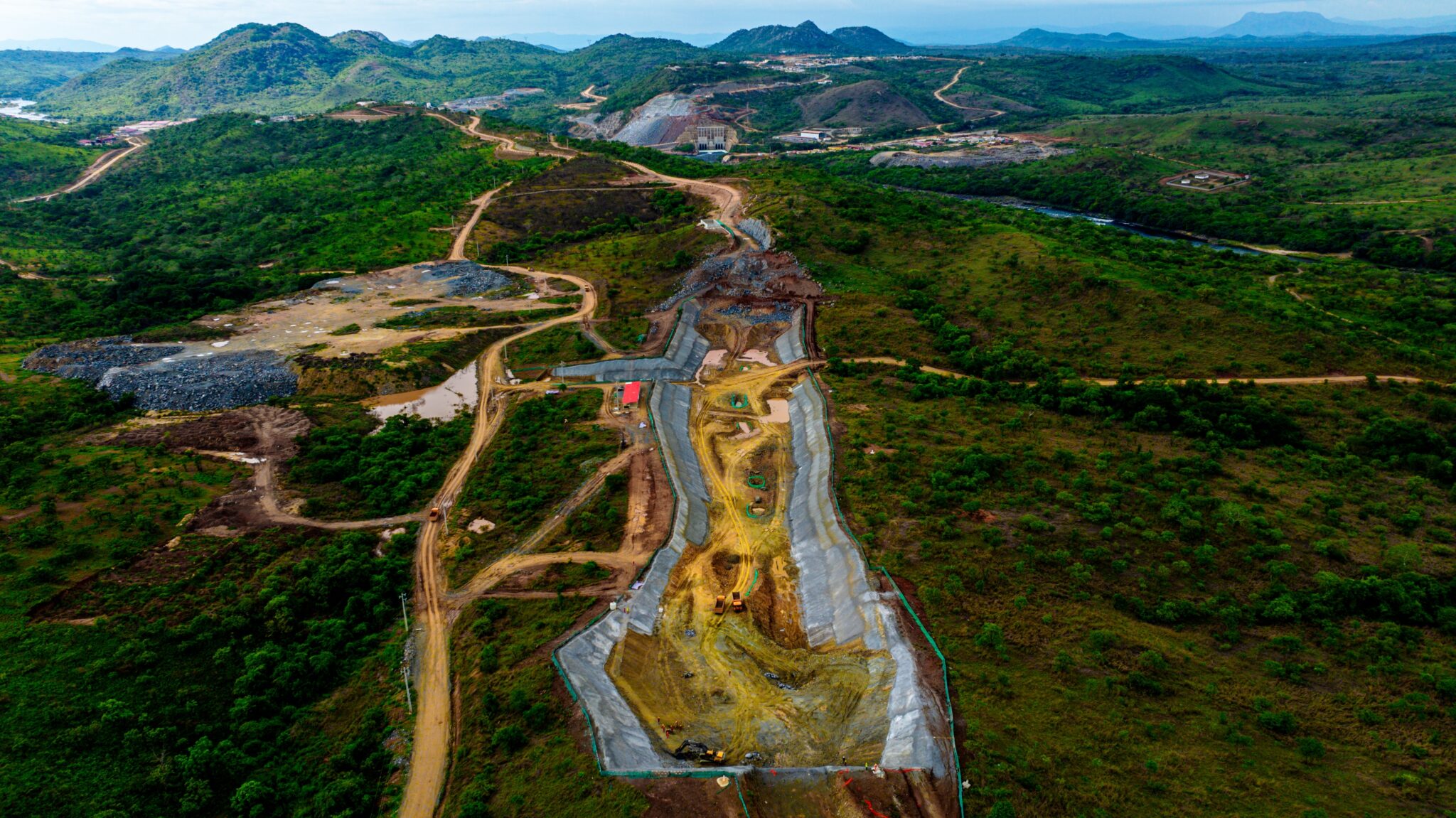
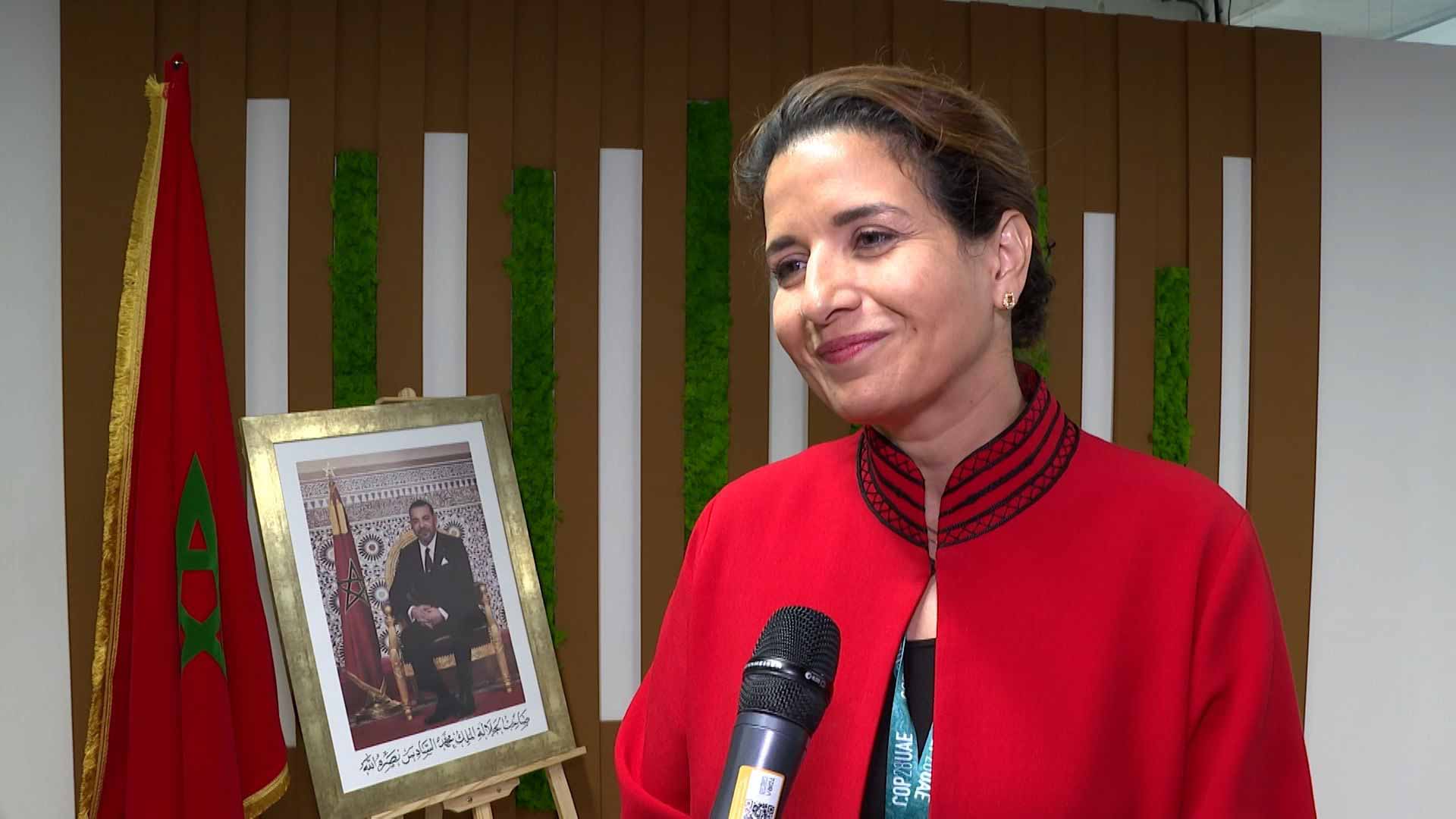


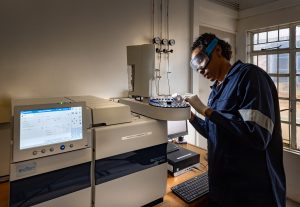
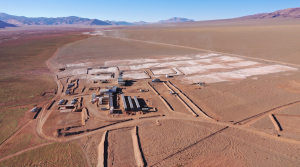
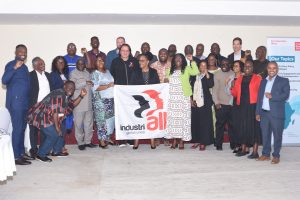
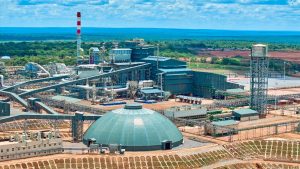

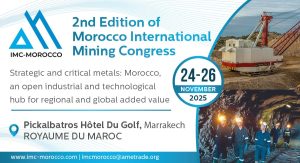

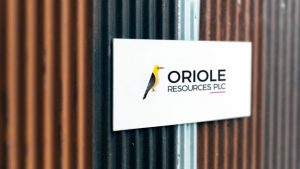
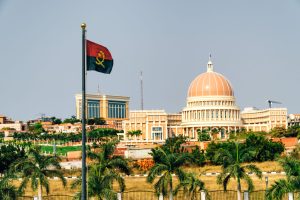
Post Comment